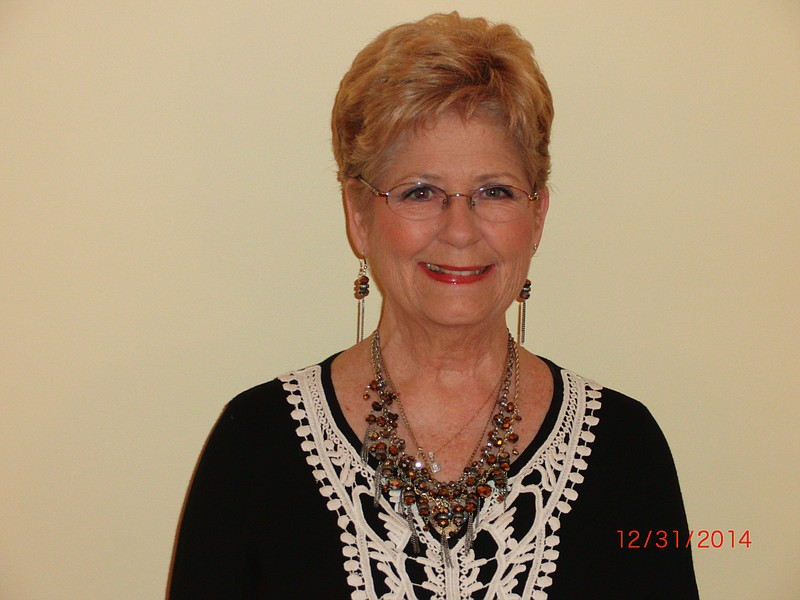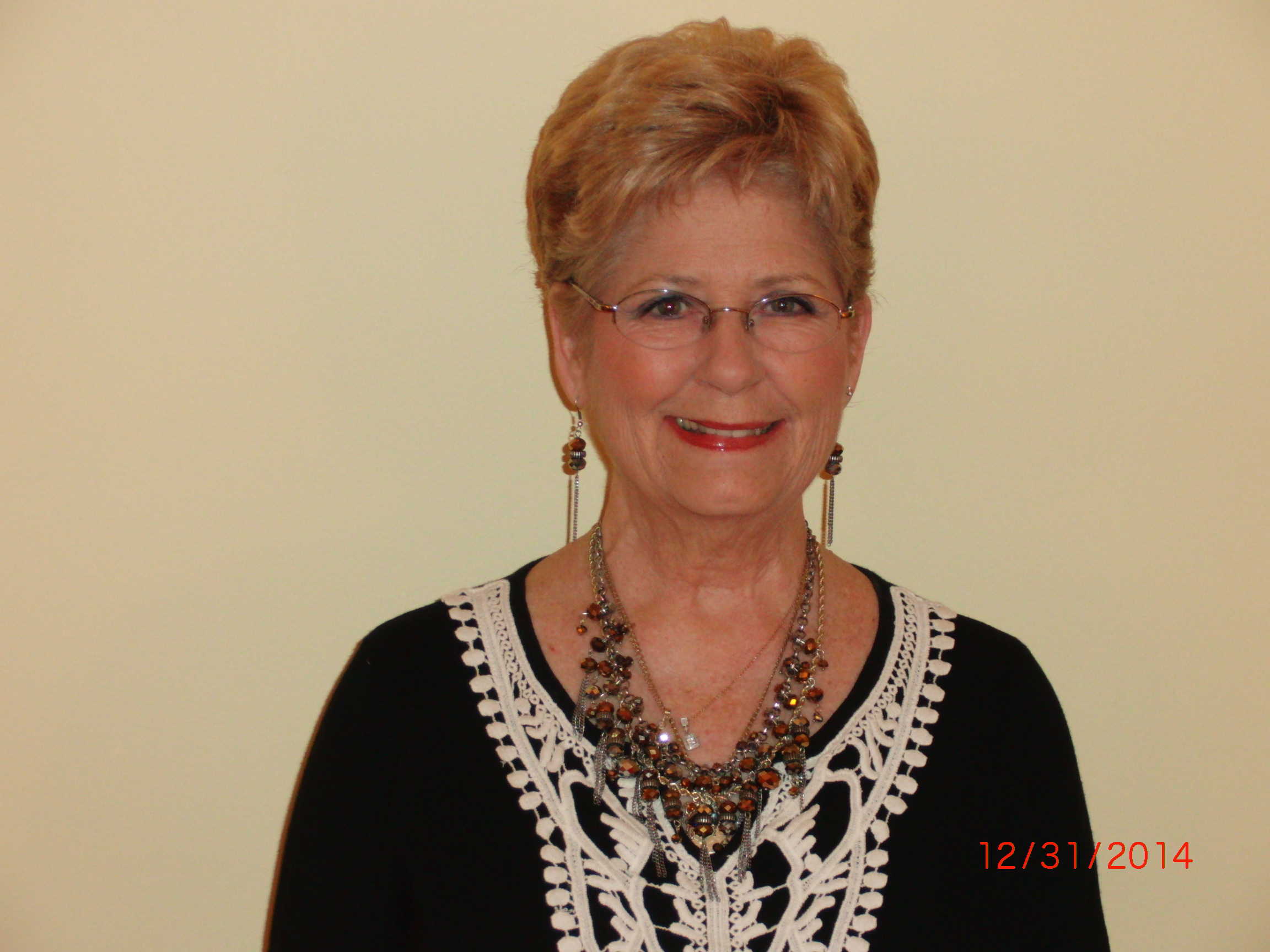- My elderly parents still live in their home in another city. I worry about their safety and want to provide extra help if a 911 call becomes necessary. Any suggestions? - Diana Daughter
Dear Ms. Daughter: I don't blame you for worrying and, in fact, I laud your efforts to make your parents' safety more accessible to paramedics and the like. While most everyone knows details, such as taking up scatter rugs or using a medical alert system, AARP offers a few more lifesavers (often literally) for proactive families to develop before emergency personnel arrives.
1. Make the home and its address noticeable and manageable. Be sure to keep tree limbs over the driveway and front of the home cut back and porch steps in good condition. A big burly firefighter wouldn't appreciate falling through dilapidated front porch steps on his way in to rescue Mom and Dad. In the event of heavy snowfall, have the driveway plowed. Along this same line, make the house or apartment a beacon of light. Even though EMTs have maps and GPS devices to get them where needed, a lot of lighting provides extra help in finding the home more quickly. Try reflective house numbers or paint on the curb in front of the house (or apartment complex, if the manager agrees).
2. Help get rid of clutter. As a clutterer myself, I certainly know the importance of keeping items where they belong, although I've never thought of a mess as preventing health rescue. Many elderly don't tidy up as well as they used to and, if the rooms are filled with "stuff," both providing CPR and/or getting a stretcher into the room may prove difficult. If a person is bedbound, it's particularly essential to clear the space around the bed to remain open and clutter-free.
3. Always keep medical records handy. If EMTs discover the patient alone and unconscious, they have no clue where to find necessary information, such as a DNR (Do Not Resuscitate) or the medications the patient takes. This can seriously affect treatment (or none). Most emergency responders look on the refrigerator for info, including an up-to-date RX list, advance directives, physicians' phone numbers, and those of loved ones to notify of the emergency. (Don't forget the ICE [In Case of Emergency] numbers on cellphones and the most visible application I've advised in past columns.) And be sure to keep the same information in your wallet, as I always stress, since this is one of the first places the team looks.
4. If your relatives - or you - wear medical alert jewelry, watch out. Standard bracelets or necklaces that denote a medical condition (i.e. diabetes) are great ideas; however, these days we also see lots of decorative charms that proclaim medical problems. Unfortunately, these baubles are often overlooked and the wearer's life could be even more jeopardized. The red Star of Life symbol incorporating a medical staff instantly sends a visual signal to EMTs and others. It's much less important to be fashion-conscious and, instead, concentrate on saving a life - yours or someone you love.
5. If a prospective emergency patient has special needs, forewarn the local 911 dispatcher before help is needed and ask that the info be placed into the person's home address file. The example noted by AARP is an individual who weighs in excess of 300 pounds and whom an ambulance crew of two may not be able to lift and carry. If the vital communication about physical disabilities that might obstruct a rescue isn't available beforehand, the situation could result in life-saving delays.
And, finally, if another person is present and 911 is on its way, stay on the phone in case the dispatcher needs that person to follow directions. Make sure the front porch light is on and open the front door. If time permits, lock pets in another room. Forewarned is forearmed.
Contact Ellen Phillips at consumerwatch@timesfreepress.com.

